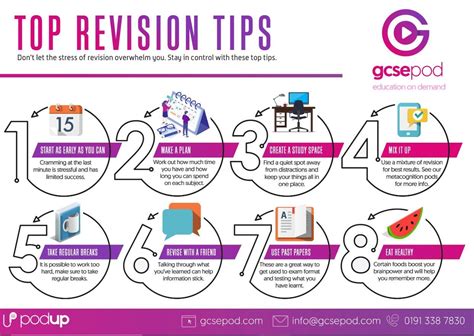Revising an application can be a daunting task, but with the right strategies and techniques, you can increase your chances of success. Whether you're applying for a job, a scholarship, or a graduate program, a well-crafted revision can make all the difference.
In today's competitive landscape, it's not uncommon for applications to be rejected or put on hold. However, this doesn't mean that your application is flawed or that you're not a strong candidate. Often, a revision can provide an opportunity to strengthen your application and showcase your skills and qualifications in a new light.

Understanding the Revision Process
Before you begin revising your application, it's essential to understand the revision process. This involves reviewing the feedback you received, identifying areas for improvement, and developing a plan to address these weaknesses.
When revising your application, consider the following:
- What were the primary reasons for the initial rejection or hold?
- What are the key strengths and weaknesses of your application?
- How can you address the weaknesses and build on your strengths?
Crafting a Strong Revision
A strong revision requires a strategic approach. Here are some tips to help you craft a compelling revision:
- Start with a strong opening: Your opening sentence or paragraph should grab the reader's attention and set the tone for the rest of the application.
- Clearly articulate your goals: Make sure you clearly articulate your goals and motivations for applying. This will help the reader understand your perspective and vision.
- Show, don't tell: Rather than simply stating your qualifications, provide specific examples that demonstrate your skills and experience.
- Use active language: Use active language to convey confidence and enthusiasm. Avoid passive language, which can come across as weak or hesitant.

Tips for Revising Your Application
Here are some additional tips to help you revise your application:
- Get feedback: Seek feedback from trusted advisors, mentors, or peers. This will help you identify areas for improvement and provide new insights.
- Use clear and concise language: Avoid using jargon or overly technical language. Instead, use clear and concise language that is easy to understand.
- Use specific examples: Use specific examples to illustrate your points. This will help to make your application more engaging and memorable.
- Proofread carefully: Finally, proofread your application carefully to ensure that it is error-free and polished.
Common Mistakes to Avoid
When revising your application, there are several common mistakes to avoid. Here are a few:
- Don't repeat yourself: Avoid repeating the same information or points. Instead, use new language and examples to convey your message.
- Don't apologize: Avoid apologizing for weaknesses or perceived flaws. Instead, focus on highlighting your strengths and qualifications.
- Don't use overly negative language: Avoid using overly negative language, which can come across as pessimistic or unenthusiastic.

Conclusion
Revising an application can be a challenging task, but with the right strategies and techniques, you can increase your chances of success. By understanding the revision process, crafting a strong revision, and avoiding common mistakes, you can create a compelling application that showcases your skills and qualifications.
Remember, a revision is not a guarantee of success, but it can provide an opportunity to strengthen your application and demonstrate your commitment to your goals.
Gallery of Revision Tips






FAQ
What is the purpose of revising an application?
+The purpose of revising an application is to strengthen your application and address any weaknesses or perceived flaws.
How do I know if I need to revise my application?
+If you received feedback or were rejected, it may be beneficial to revise your application to address any weaknesses or concerns.
What are some common mistakes to avoid when revising an application?
+Avoid repeating yourself, apologizing, and using overly negative language. Instead, focus on highlighting your strengths and qualifications.
